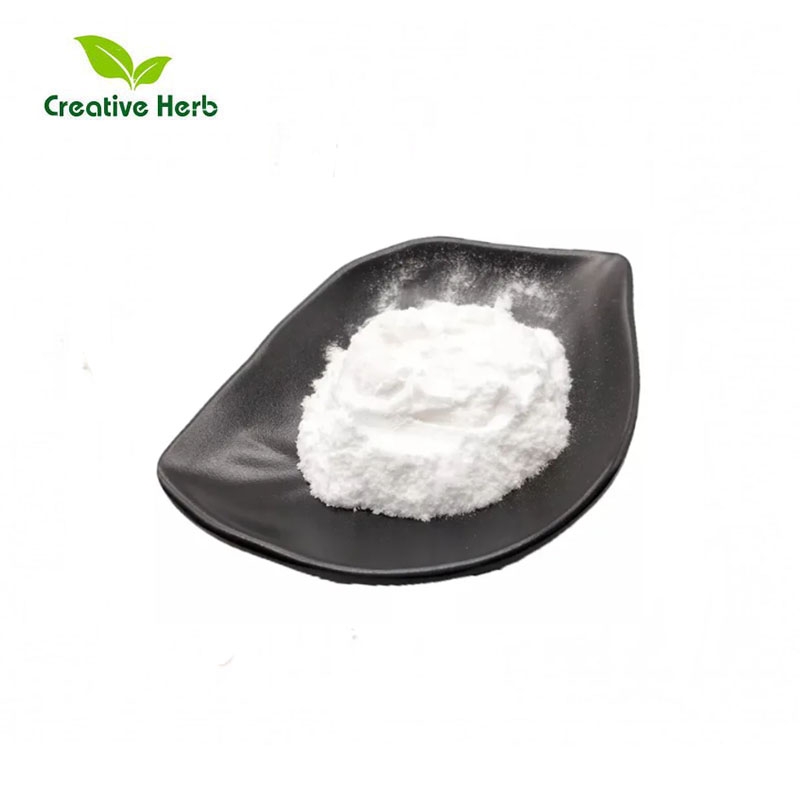-
Categories
-
Pharmaceutical Intermediates
-
Active Pharmaceutical Ingredients
-
Food Additives
- Industrial Coatings
- Agrochemicals
- Dyes and Pigments
- Surfactant
- Flavors and Fragrances
- Chemical Reagents
- Catalyst and Auxiliary
- Natural Products
- Inorganic Chemistry
-
Organic Chemistry
-
Biochemical Engineering
- Analytical Chemistry
-
Cosmetic Ingredient
- Water Treatment Chemical
-
Pharmaceutical Intermediates
Promotion
ECHEMI Mall
Wholesale
Weekly Price
Exhibition
News
-
Trade Service
June 4, 2020 /
BiovalleyBIOON / -- The scientific community has been working to develop an effective way to treat the virus since the 2019 coronary virus outbreak (COVID-19) pandemic and its rapid spreadFinding drugs that can suppress SARS-CoV-2 infection sits an important step in finding a vaccine that can eventually spread the virusin this regard, the Chemical Informatics and Nutrition Research Group at The University of Loveira Ivekiri (URV) conducted computational screening to predict whether a drug approved for the treatment of another disease is a major protease (M-pro) that inhibits the virusThis is the key to the whole process, as this enzyme plays a vital role in viral replicationstudies have shown that human and veterinary anti-inflammatory drugs Kalofin and Ceresib inhibit key enzymes that cause viral replication and transcription of COVID-19The purpose of the study was to use computer technology to analyze whether 6,466 drugs approved by different drug agencies for use in humans and veterinarians were available to inhibit M-pro enzymesThis enzyme is a protease that cuts off two peptides (produced by the virus itself) and produces proteins that are essential for virus reproductionSome WHO-coordinated trials for the 2019 coronavirus pandemic also aim to suppress M-pro using two antiretroviral drugs, Lopinavir and Litonavir, originally designed to treat HIVimage source: Universitat Rovira i Virgili
According to URV's findings, seven of the 6,466 drugs are expected to inhibit M-proThe results have been shared with the international COVID Moonshot project, which has selected two of the seven compounds (Kalofin and Ceresib) to detect their ability to suppress M-pro in vitroThe experimental results show edgysib or kalofen inhibited M-pro activity in vitro at a concentration of 50?M up to 11.90 and 4.0%As a result, both molecules can be used as a starting point for further pilot optimization, resulting in more efficient derivativesthe study has been published in International Journal of Molecular Sciences (IJMS) and is the first worldwide article on the reuse of drugs as an INHIBITOR of SARS-CoV-2 M-pro, in which computational predictions are proven experimentally The remaining five molecules are expected to be selected by COVID Moonshot soon so their biological activity can also be tested (BioValleyBioon.com) References: Two-two-foot-e-foot-din-y drugs find-the-inhibit the reproduction of the COVID-19 virus
Gimeno, a et al.
Prediction of Novels of The Main Protease (M-pro) of SARS-CoV-2 through Consensus and Drug Reposition.
Int J Mol Sci 2020, 21, 3793 doi.org/10.3390/ijms21113793







